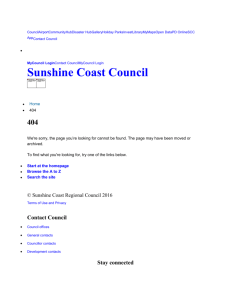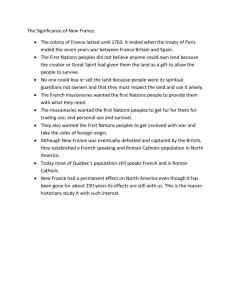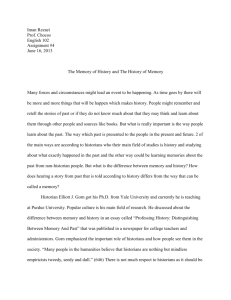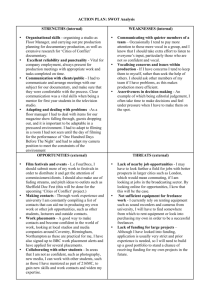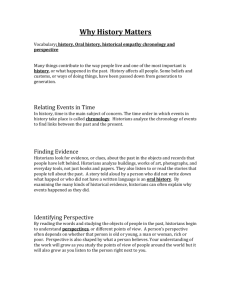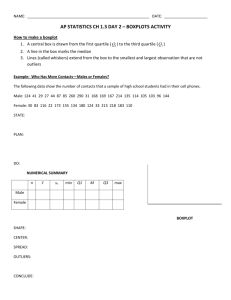The Historians of Angevin England Writing about Foreigners
advertisement
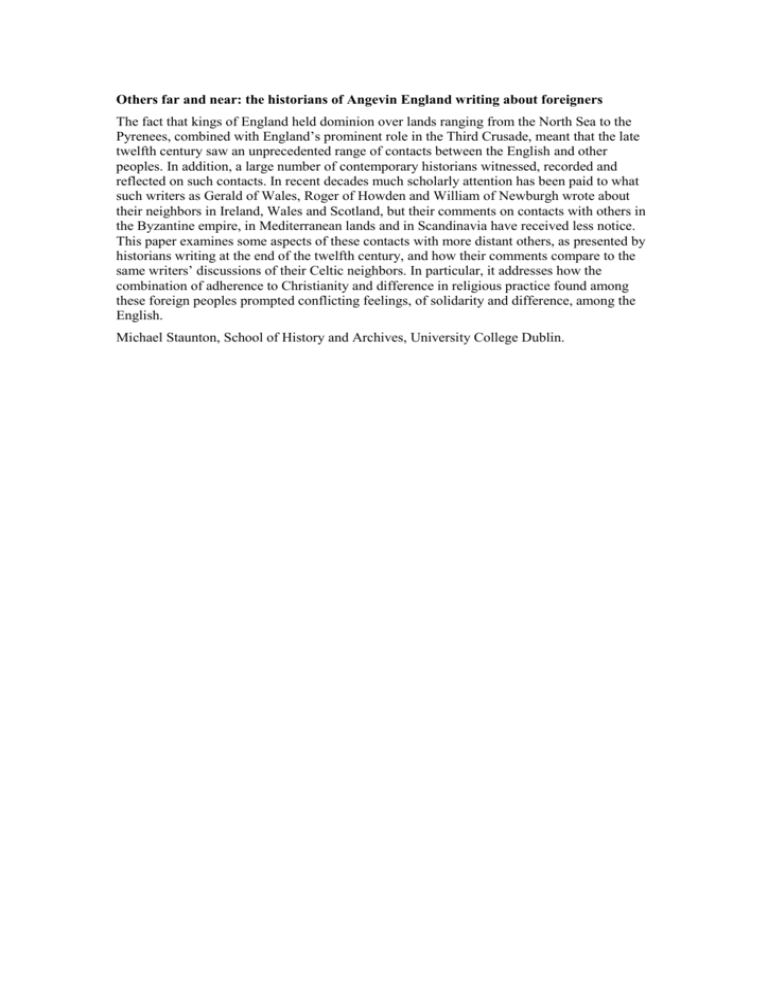
Others far and near: the historians of Angevin England writing about foreigners The fact that kings of England held dominion over lands ranging from the North Sea to the Pyrenees, combined with England’s prominent role in the Third Crusade, meant that the late twelfth century saw an unprecedented range of contacts between the English and other peoples. In addition, a large number of contemporary historians witnessed, recorded and reflected on such contacts. In recent decades much scholarly attention has been paid to what such writers as Gerald of Wales, Roger of Howden and William of Newburgh wrote about their neighbors in Ireland, Wales and Scotland, but their comments on contacts with others in the Byzantine empire, in Mediterranean lands and in Scandinavia have received less notice. This paper examines some aspects of these contacts with more distant others, as presented by historians writing at the end of the twelfth century, and how their comments compare to the same writers’ discussions of their Celtic neighbors. In particular, it addresses how the combination of adherence to Christianity and difference in religious practice found among these foreign peoples prompted conflicting feelings, of solidarity and difference, among the English. Michael Staunton, School of History and Archives, University College Dublin.

